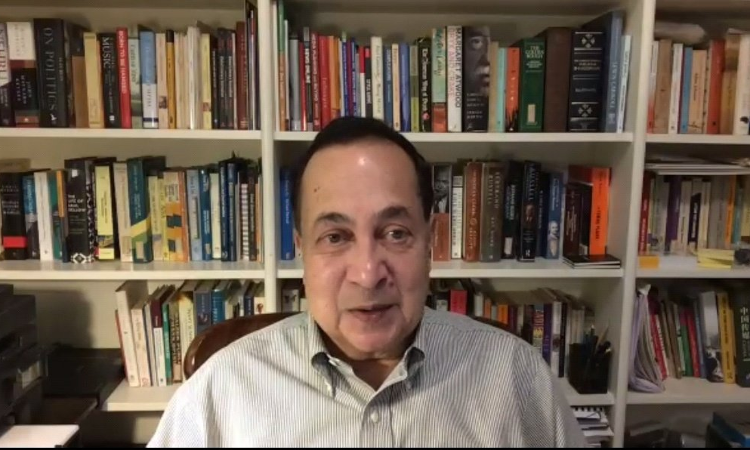Communal Far-Right Going All Out In The Name Of Majoritarianism To Attack Freedom Of Speech : N Ram
Mehal Jain
7 Feb 2021 5:26 PM IST

Next Story
7 Feb 2021 5:26 PM IST
N.Ram, the former editor-in-chief of 'The Hindu', voiced concerns about the emergence of 'communal far-right', which is attacking freedom of speech and causing subversion of institutions.He addressed the "elephant in the room", what he described as the "communal far right", which is "going all out in the name of majoritarianism to attack the freedom of speech" and, in the process, causing...
